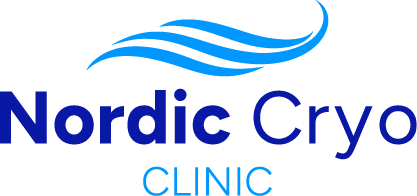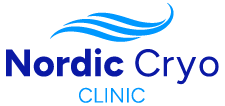Chronic rhinitis is an inflammation of the nasal mucosa that causes persistent nasal congestion, itching in the nose, a runny nose, and postnasal drip, i.e., secretions running backward in the nose and dripping down the throat, causing discomfort with coughing, clearing the throat, potential voice problems, and tension or a lump sensation in the throat. Additionally, chronic rhinitis can affect breathing, the sense of smell, and taste, and may be a cause of snoring. Rhinitis can be due to various causes, including allergies, infection, environmental irritants, or unknown reasons. It is believed that overactive autonomic nerves in the nose and sinuses send more signals than necessary to the brain, causing the mucous membrane to produce excess mucus, resulting in a runny nose.
Allergic rhinitis: This is the most common form of rhinitis, caused by an overreaction of the immune system to allergens such as pollen, dust mites, animal hair, or mold. Symptoms can be seasonal or persistent, depending on the type of allergen and individual sensitivity. Non-allergic rhinitis: This form of rhinitis is not related to allergies and can be caused by irritation from chemicals, smoke, air pollution, weather changes, or sensitivity to certain foods or beverages. Non-allergic rhinitis can occur year-round or periodically.
Previously, the treatment of chronic rhinitis has involved steroid drops, nasal sprays, or immunotherapy treatments such as antihistamines, allergy shots, and antibiotics. While some of these treatments reduce mucus production and provide temporary relief, none of them directly address the cause of rhinitis – inflamed nasal mucosa.
Cryotherapy is a new non-invasive treatment to relieve the symptoms of chronic rhinitis. The method uses extreme cold to reduce inflammation in the nasal mucosa and alleviate symptoms such as nasal congestion, sneezing, a runny nose, and itching.
As the technique does not generate any heat, cutting, or sutures, the procedure is highly effective and has a rapid recovery time. There is minimal impact on connective tissue, and the results are long-lasting. Moreover, cryotherapy forms little or no scar tissue. Thus, it is a non-invasive treatment option for those who do not wish to undergo surgery. The procedure is extremely safe, quick, and does not require hospitalization. Cryotherapy is, therefore, a much more cost-effective alternative than surgery.
Cryotherapy is generally a very safe procedure, but there may be side effects such as temporary discomfort, such as “brain freeze,” pain, or swelling in the nose.
Here you will find the clinic’s contact information:

